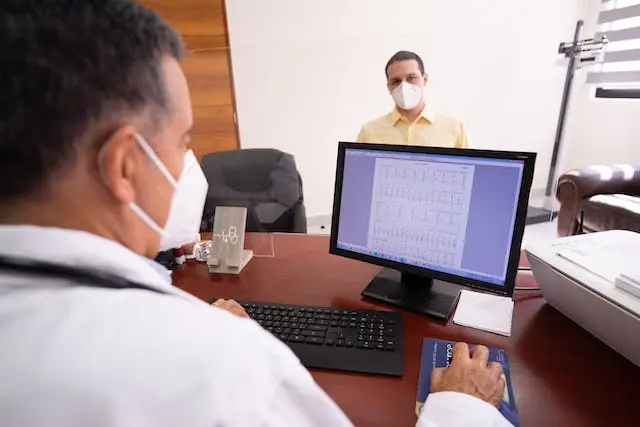
Streamlining Care: Strategies for Hospital Efficiency
In the dynamic landscape of healthcare, where the demand for quality patient care is ever-growing, hospitals face the ongoing challenge of optimizing their operations to enhance efficiency. Streamlining care is not just a matter of cutting costs; it’s about creating an environment where healthcare professionals can provide the best possible care to their patients. In this blog post, we will explore key strategies for achieving hospital efficiency and ultimately improving the overall healthcare experience.
1. Embracing Technology Integration
Technology has revolutionized healthcare delivery, making it more efficient and effective than ever before. One of the most impactful developments in this regard is the adoption of electronic medical record (EMR) systems. By leveraging EMR technology, hospitals can consolidate patient information and reduce paperwork, streamlining communication among healthcare professionals.
This not only improves the quality of care within the hospital walls but also enables seamless collaboration among doctors and specialists across different healthcare settings. Overall, EMR systems play a pivotal role in driving healthcare transformation in the digital age.
2. Implementing Lean Methodologies
Lean methodologies, derived from manufacturing principles, have proven to be effective in optimizing hospital processes. By identifying and eliminating waste, streamlining workflows, and improving resource allocation, hospitals can enhance efficiency while maintaining or even improving the quality of care. Lean methodologies encourage continuous improvement, empowering hospital staff to identify inefficiencies and implement changes collaboratively.
3. Prioritizing Patient Flow Management
Efficient patient flow is crucial for optimizing hospital operations. Implementing strategies to minimize patient wait times, reduce bottlenecks, and enhance the overall flow within the hospital can lead to improved patient satisfaction and better utilization of resources. Tools such as real-time tracking systems and predictive analytics can assist hospitals in anticipating patient needs and allocating resources accordingly.
4. Enhancing Staff Communication and Collaboration
Effective communication and collaboration among healthcare professionals are essential for providing seamless patient care. Hospital efficiency can be compromised when communication breakdowns occur. Implementing communication platforms, fostering interdisciplinary collaboration, and providing regular training on effective communication practices can significantly enhance the efficiency of healthcare teams.
5. Investing in Staff Training and Development
Well-trained and skilled healthcare professionals are essential for delivering high-quality care efficiently. Hospitals should prioritize ongoing training and professional development programs. To keep their staff abreast of the latest medical advancements and best practices. By investing in the continuous education of healthcare professionals, hospitals can ensure a workforce that is adaptable, efficient, and capable of delivering cutting-edge care.
6. Utilizing Data Analytics for Decision-Making
Data analytics can provide valuable insights into hospital operations, enabling evidence-based decision-making. By leveraging data, hospitals can identify patterns, anticipate patient needs, and optimize resource allocation. From predicting patient admission rates to identifying areas for process improvement, data analytics can play a crucial role in enhancing overall hospital efficiency.
7. Implementing Performance Metrics and Key Performance Indicators (KPIs)
Establishing clear performance metrics and KPIs is essential for monitoring and measuring hospital efficiency. Metrics such as patient wait times, bed turnover rates, and staff productivity can provide valuable insights into the effectiveness of hospital operations. Regularly reviewing these metrics allows hospitals to identify areas for improvement and implement targeted strategies to enhance efficiency.
8. Incorporating Patient-Centric Approaches
Putting patients at the center of care is not only a matter of empathy but also a strategic approach to improving hospital efficiency. Hospitals can adopt patient-centric practices such as personalized care plans, shared decision-making, and patient education to enhance patient satisfaction and outcomes. A satisfied and engaged patient is more likely to adhere to treatment plans and experience positive health outcomes, ultimately reducing the likelihood of readmissions.
Read More: Improve Operational Efficiency: 5 Best Practices for Healthcare Institutes
Conclusion
Streamlining care in hospitals is a multifaceted endeavor that requires a comprehensive approach. From embracing technology and lean methodologies to prioritizing patient flow management and staff communication, hospitals must continually evaluate and refine their strategies for optimal efficiency.
By implementing these strategies, hospitals can not only improve their operational effectiveness but also elevate the overall quality of patient care. In the pursuit of hospital efficiency, the ultimate goal is to create an environment where healthcare professionals can deliver the best possible care to patients, promoting positive outcomes and a healthier community.


